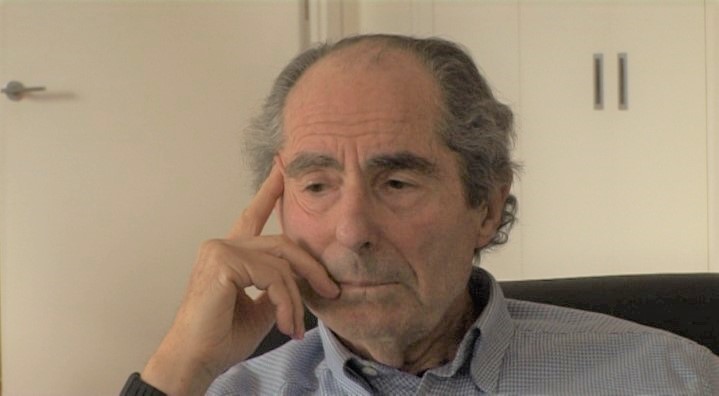NEXT STORY

How writers work
RELATED STORIES

NEXT STORY

How writers work
RELATED STORIES


|
Views | Duration | |
|---|---|---|---|
| 61. Sex in the '50s | 481 | 04:41 | |
| 62. Memories of World War II | 410 | 04:55 | |
| 63. The Korean War | 306 | 01:45 | |
| 64. Fear and Indignation | 283 | 00:24 | |
| 65. My father wanted me to be a lawyer | 315 | 03:37 | |
| 66. How writers work | 760 | 01:02 | |
| 67. I read a helluva lot... | 742 | 01:32 | |
| 68. Influences? Saul Bellow and Augie March | 1 | 1275 | 04:56 |
| 69. Writing from my own experience | 512 | 01:44 | |
| 70. Finding a voice - and using what I knew | 532 | 03:32 |


I don't think my father was happy about my deciding to become a college professor. In fact I know he wasn't. Because he never said… after this fight we had, he never said anything to me about… anything to me that registered disapproval, you know. But I had a… my brother had a friend who was a very smart guy, he was a lawyer, just become a lawyer, and my father took him aside and said, 'Clive talk to him about this college professor, he'll starve', my father said, 'He'll starve'. And he thought well Clive could convince me to become a lawyer. And so Clive and I sat in my bedroom one day and Clive began to tell me what he wanted to tell me, and I said, 'That's it, that's enough, that's it', I'd won, you know what I mean. I'm not going to fight the fight again, that's enough, and he just... he just left the room and that was that.
And then my father swallowed whatever doubts he had. If you think it was… I was going to starve as a college professor, imagine what was going to happen to me as a writer. And I'm sure he bitched to my mother about it in some way, he didn't bitch to me. I... that event, the fight, had a winner and a loser and he lost.
[Q] You knew you weren't going to starve at least for a few months?
That's right. You know, I didn't worry about starving. Of course I didn't want to starve, but I didn't take it seriously. I... I thought that I could live on nothing. I thought, so long as I was on my own, without any responsibilities to anybody else, I could live on virtually nothing. And that I could live on $100 a month, in 1958. And that was cutting it close, but it was... it was doable, it was doable, just. And I didn't worry about after that, I just… maybe I was stupid. I don't know what it was, but I didn't… I wasn't concerned about money. I wasn't concerned about money. Not that there was anybody behind me to prop me up. I was young, I was healthy, I was smart... let's see.
The fame of the American writer Philip Roth (1933-2018) rested on the frank explorations of Jewish-American life he portrayed in his novels. There is a strong autobiographical element in much of what he wrote, alongside social commentary and political satire. Despite often polarising critics with his frequently explicit accounts of his male protagonists' sexual doings, Roth received a great many prestigious literary awards which include a Pulitzer Prize for fiction in 1997, and the 4th Man Booker International Prize in 2011.
Title: My father wanted me to be a lawyer
Listeners: Christopher Sykes
Christopher Sykes is an independent documentary producer who has made a number of films about science and scientists for BBC TV, Channel Four, and PBS.
Tags: father, lawyer, college professor, disapproval, money, starving
Duration: 3 minutes, 37 seconds
Date story recorded: March 2011
Date story went live: 18 March 2013